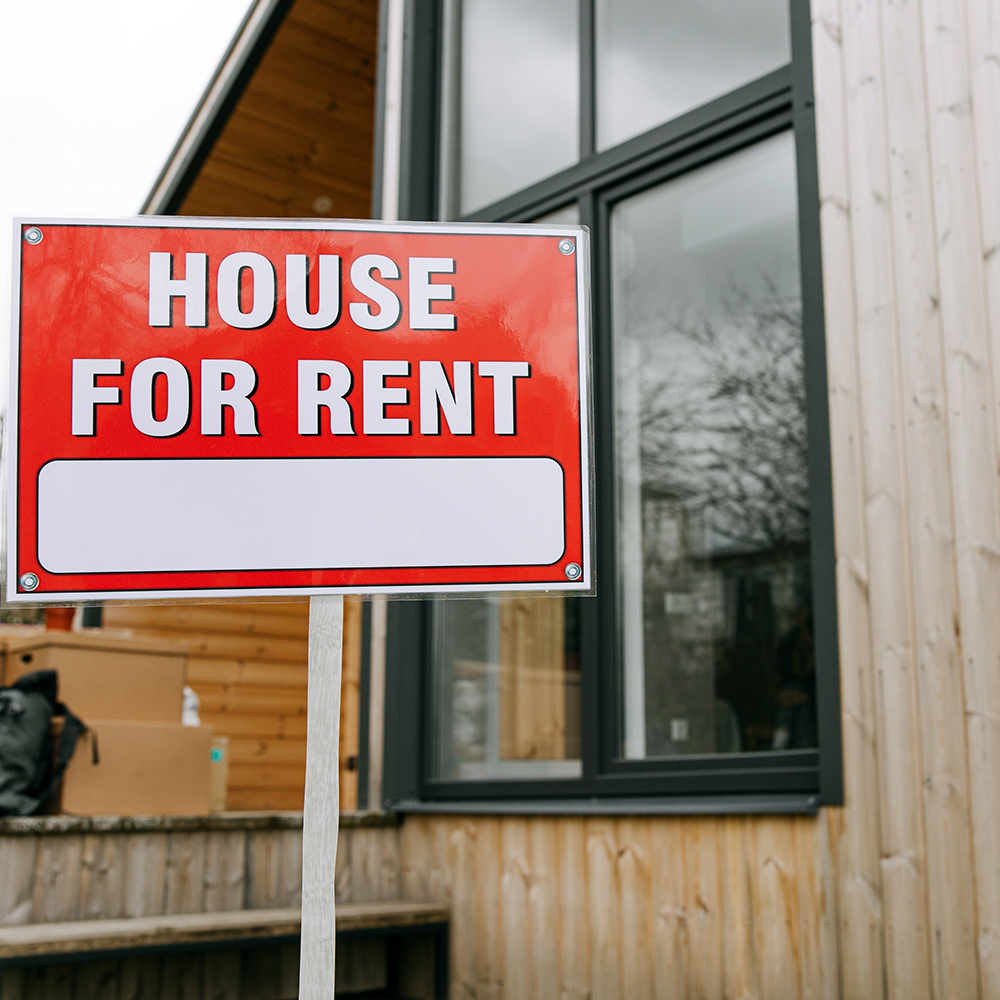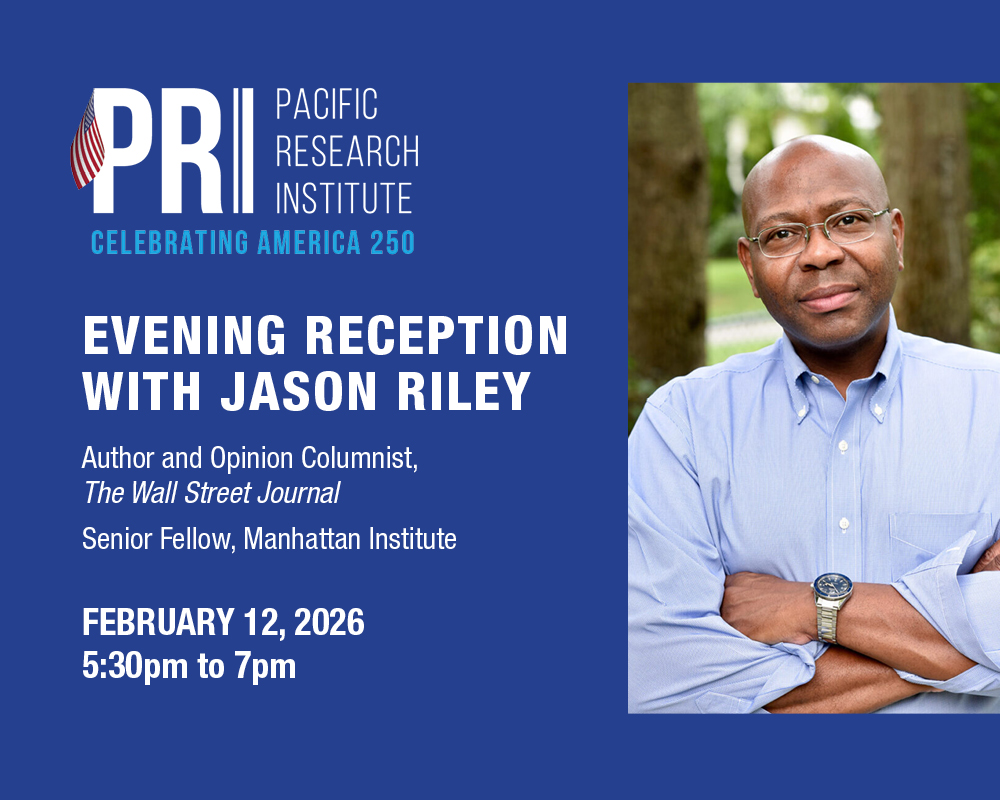Rent control is the bad penny legislation that keeps turning up in California.
It is widely regarded as crummy economic policy by economists, it ultimately leads to rental shortages and higher rents and it is based on the faulty idea that private property is somehow public property.
And yet, here we are.
A few years ago, state lawmakers imposed a statewide cap on rent increases of no more than 10% a year, and the law exempted single-family homes and condominiums in most instances. A new bill, AB 1157, would cut the cap in half to 5% and extend the cap to single-family homes and condominiums.
Where to even begin!
First, rents are high in California, as compared to the national average. However, this is not because of evil corporate landlords. This is due largely to two things: years of bad policies enacted by the Legislature that has created a massive housing crisis where demand greatly exceeds supply, compounded by a cost of living crisis also manufactured by Sacramento.
If lawmakers were serious about lowering rent, or just housing costs in general, a good start would be reforming state and local laws that impede new housing construction and drive up costs, and they could do things that would bring down the cost of living in other ways. Check PRI’s archive of op-eds, studies and blog posts for unlimited suggestions on lowering the cost of living.
While rents did spike during COVID, as did so many costs throughout the country, the average rent in California is actually dropping since the beginning of the year – which calls into question why this bill is even being debated (and advanced beyond its first committee).
Rent control is an assault on private property. Sure, few people cry over the plight of massive landlords. However, they have the means to create rental properties and have risked those means in a profitable venture. Without them, tenants would have nowhere good to live. This is true too of smaller landlords, like me, who have one or a few houses they rent out.
Rent is already limited by market forces. For example, I have a rental property and have worked out a deal with my tenant that we can both live with. I could, however, get greedy and jack up the rent well above market value. But how well would that work for me? My tenant would likely leave, and the property would likely sit vacant for a while, and I’d lose a lot more in lost rent than I would gain in the proposed rent increase. So, market forces keep me in check.
Fortunately, my rental property is mostly exempt from rent control. But this new law would make it subject to rent control laws, as it would any other family trying to rent out its house. In fact, this is a much more radical change than cutting the increase cap in half.
But as mentioned previously, the cost of living is spiraling out of control in California – rent is just one small part of that. Capping rent increases does nothing to suppresses landlord costs. So while all expenses are increasing, revenue (rent) is capped. It doesn’t take a PhD in economics to see the problem here.
Studies show that rent control hurts the overall market. It’s unsurprising that the country’s most expensive rental markets also have some of the strictest local rent control laws. Rent control limits the supply of rental units by decreasing mobility (meaning renters are less likely to upgrade as time goes on, creating a backlog of the most affordable units), and also significantly reduces the number of overall rental units on the market as owners opt to convert rental properties into owner-occupied units.
But at a more basic level, rent control gives power to renters and the state to dictate what property owners can and cannot do. The state is right to consider the needs of renters in the course of policymaking, but it should remember that renters don’t have more of a claim to a property than the owner. It’s the owner that assumes all of the risk.
AB 1157 is based on a faulty understanding of the rental market, macroeconomics and private property. Fortunately, the bill’s author decided to drop the bill for the year, though the fight will likely be revived at some point.
If lawmakers want to improve the cost of living, there are some great actions they could take. Rent control is not one of them.
Matt Fleming is the Pacific Research Institute’s communications director.


